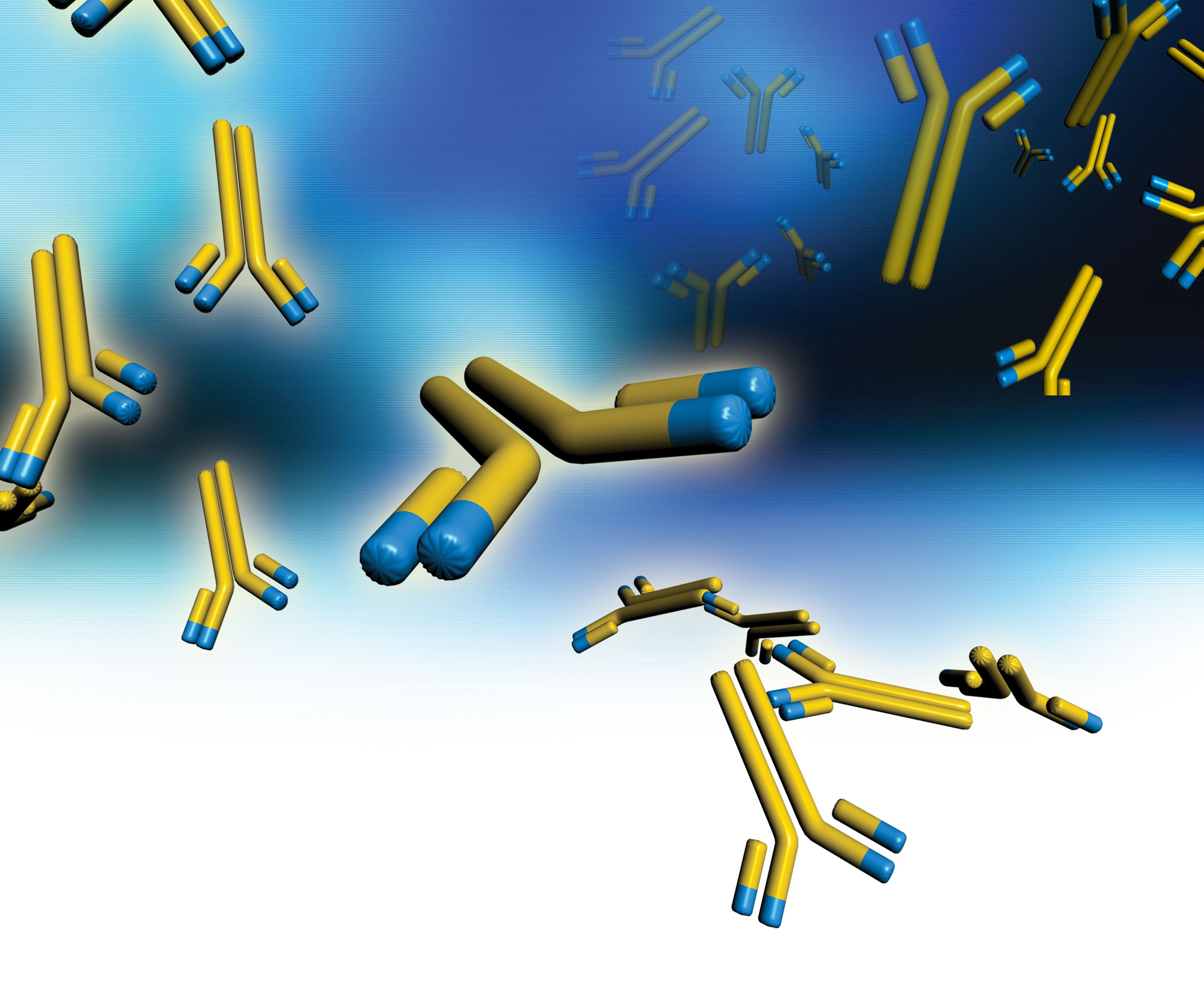ProMIS Neurosciences Technologies Hold Promise for New Alzheimer’s Therapy

ProMIS Neurosciences reported progress of drug discovery technologies at the recent Alzheimer’s Association International Conference (AAIC) meeting, held in Toronto, Canada, showing that the technologies specifically target certain forms of amyloid-beta and tau in Alzheimer’s disease.
The company works to identify structures on the surface of the toxic variants of misfolded amyloid-beta, crucial for Alzheimer’s, using two proprietary complementary technologies called ProMIS and Collective Coordinates. The methods use computer and thermodynamic calculations to identify the structures, referred to as epitopes by scientists.
The first presentation at AAIC, by ProMIS’ chief physics officer Dr.Steven Plotkin, described the rational drug design technology Collective Coordinates. Plotkin showed that the method allows specificity of an epitope in a very precise manner – taking both the amino acid sequence and the three-dimensional shape of a protein into account.
Researchers are then able to develop new antibodies that bind to the targets. The technology includes companion diagnostics that provide essential information for safe and effective use of a corresponding drug.
Judith Silverman, PhD, of the University of British Columbia, presented the next demonstration which described that researchers had identified new epitopes that were appropriate targets for antibody based treatments of Alzheimer’s disease. Researchers screened antibodies for the ability to bind to the identified structures, and found several with the desired characteristics — recognizing only toxic oligomers (aggregates of a few misfolded proteins) not binding to single proteins or the plaque made up of aggregated protein.
Drug candidates among the screened antibodies will be tested in donated brain tissue from deceased Alzheimer’s patients.
At ProMIS, scientists believe that their new technology will lead to drug candidates only binding to the toxic forms of misfolded proteins, allowing better efficacy and lower side effects of future drugs.
“Our proprietary drug discovery technologies, including Collective Coordinates, are a significant competitive advantage as they allow us to identify novel epitope targets on the toxic prion forms of amyloid-beta,” said Eugene Williams, the company’s executive chairman in a news release. “Moreover, scientific analysis presented on a poster about Biogen’s Aducanumab provides confirmatory evidence that our target product profile of selectively binding the prion rather than the monomer is critical to developing effective Alzheimer’s disease therapeutics.”






